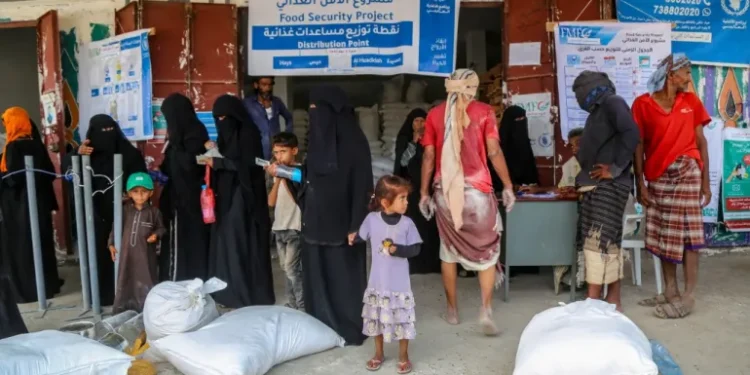Using Ghanaian films for public education and national projects is a powerful tool to promote culture, raise awareness, and educate the public.
Ghanaian films showcase the country’s rich cultural heritage, traditions, languages, and customs. They serve as a platform to celebrate and preserve Ghana’s unique identity, history, and values.
Utilizing Ghanaian films for public education and national projects ensures the development and growth of the local film industry. This creates employment opportunities for actors, filmmakers, production crews, and other related professionals, contributing to the country’s economy.
Films reach a wide audience due to their popularity and entertainment value. Incorporating educational messaging within Ghanaian films disseminates important messages more effectively to a larger population.
By incorporating positive role models and highlighting achievements, films motivate and encourage viewers to contribute positively to their communities and nation.
Ghanaian films focusing on national projects or important national events foster a sense of unity and pride among citizens. Films strengthen national identity and promote patriotism by highlighting collective achievements and showcasing the country’s progress.
Ken Fiati, the Spokesperson for the Ghana Actors Guild, has indicated that film is a powerful tool that can be used to shape people’s ideas and mindsets.
“Support the production of socially relevant documentaries, educational films, and public service announcements to catalyze positive behavioral change and collective action. You know, growing up, we used to see the Information Services Department going to communities and they played all sorts of videos and materials to send information across.
“So like e-levy for example, would they have struggled the way they struggled if we used a system like this to send information across to educate the masses? So there is the need for us to look at that and enforce it.”
Ken Fiati
Utilizing Ghanaian films for public education has the potential to be a powerful medium for communication, education, and national development.
Promoting Local Movies

Patronizing local movies is indeed crucial for the growth and development of the local film industry.
Local movies often reflect the culture, traditions, and experiences of a particular region or country. By watching and appreciating local films, one gains a deeper understanding of culture and showcases the unique stories and perspectives of one’s community to the world.
Encouraging the success of local films also supports the growth of local artists, filmmakers, directors, and other professionals in the industry.
It helps nurture talent, pave the way for future generations, and create an environment that fosters creativity and innovation.
Local films often offer a different perspective than mainstream international movies. Supporting local movies allows for a more diverse range of storytelling, covering a wide array of themes, historical events, and social issues that are specific to the local community.
Actress Fella Makafui urged for increased patronage of Ghanaian films, emphasizing their role in advancing the local movie industry.
She underscored the importance of support from both investors and fans to support filmmakers.
According to Fella Makafui, heightened public interest in Ghanaian films translates to financial gains, enabling producers to finance subsequent projects.
“I feel it all boils down to the support. Because if I invite you to my movie and at the end of the day we have to premier it and people come in their numbers, we are going to get our returns to produce another movie.”
Fella Makafui
Local movies help preserve and promote the unique identity and heritage of a particular region or country, and supporting these films contributes to the preservation and celebration of cultural identity.
To push industry growth, one chooses to watch local movies at theaters, purchase DVDs or Blu-rays, stream movies on reputable local platforms, recommend local films to others, attend film festivals, and engage in discussions and debates about local cinema.
READ ALSO: Ghana’s Commitment to Maritime Security Highlighted at NILSA























